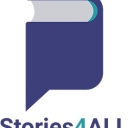
The DEEP Learning project addresses the urgent need for teachers to adopt innovative teaching methodologies, a necessity underscored by the pandemic-induced school lockdowns. This initiative supports teachers in effectively engaging students by facilitating the sharing of exemplary practices and providing valuable guidance through vodcasts. Central to the project is the creation of a Massive Open Online Course (MOOC), which offers a unique and enriching learning experience.
A pivotal component of the DEEP Learning project is its community of practice—a collaborative group where educators with shared professional interests come together to learn, share knowledge, and enhance their practices. This community provides several key benefits:
- Knowledge Exchange: Offers a structured platform for teachers to share insights and experiences, enriching their collective knowledge.
- Continuous Learning: Supports ongoing professional development, keeping teachers abreast of evolving educational...The DEEP Learning project addresses the urgent need for teachers to adopt innovative teaching methodologies, a necessity underscored by the pandemic-induced school lockdowns. This initiative supports teachers in effectively engaging students by facilitating the sharing of exemplary practices and providing valuable guidance through vodcasts. Central to the project is the creation of a Massive Open Online Course (MOOC), which offers a unique and enriching learning experience.
A pivotal component of the DEEP Learning project is its community of practice—a collaborative group where educators with shared professional interests come together to learn, share knowledge, and enhance their practices. This community provides several key benefits:
- Knowledge Exchange: Offers a structured platform for teachers to share insights and experiences, enriching their collective knowledge.
- Continuous Learning: Supports ongoing professional development, keeping teachers abreast of evolving educational trends and methods.
- Peer Support: Provides essential guidance and support for navigating the challenges of adopting new teaching approaches.
- Enhanced Pedagogy: Allows teachers to test and refine innovative methods, leading to improved teaching practices.
- Sustainability: Nurtures a culture of innovation, ensuring the lasting adoption of new teaching methods beyond the project's duration.
- Networking: Expands professional networks, paving the way for collaborations and cross-cultural learning opportunities.
In essence, the community of practice within the DEEP Learning project is crucial for supporting the implementation of effective teaching methodologies and fostering long-term professional growth among teachers.
Follow us and stay connected on the latest project news. Visit the website:deeplearningproject.eu/
Show more

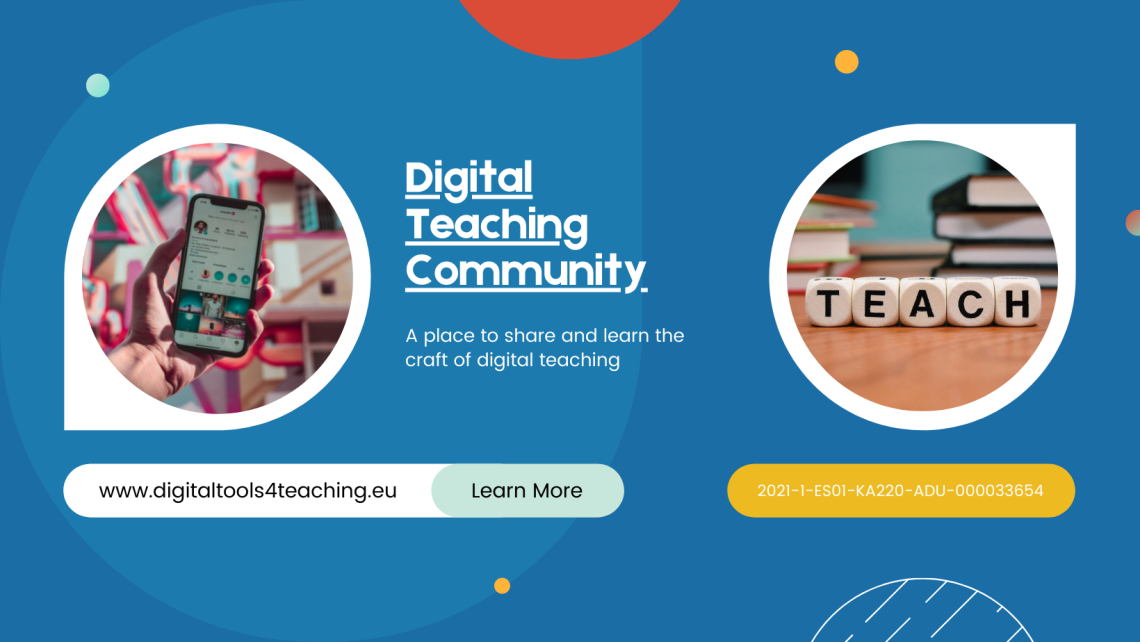
Digital tools for teaching
T4T is a project that aims to strengthen the ability of adult educators and training professionals to build and sustain effective group dynamics in digital education environments to better engage their online learners.The COVID 19 pandemic and recent developments in instructional materials have created new challenges for educators and training leaders. Most of them have had to move quickly from face-to-face to online classrooms, where they have had to ensure the same level of learner interaction and participation. On the other hand, learners today do not want to be passive recipients of information, just reading long texts from websites or other digital re-sources. They expect and want lively interaction with both the trainer/tutor and their peers.T4T objectives are:Improve educators’ skills in the specifics of building and sustaining effective online group dynamics and ensure a high level of learner experience in the digital classroom by develop-ing guidelines and a resource library...
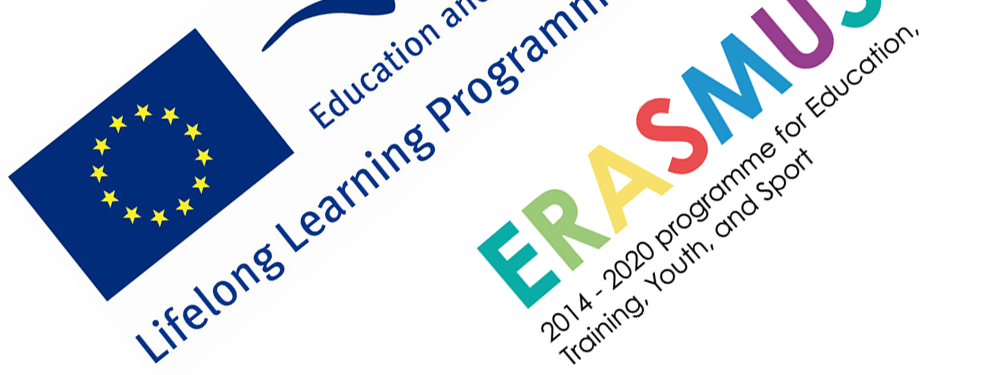
Bibliodos: EUROPEAN CLASSICS adapted for adult beginners
Bibliodos is KA204 program of strategic partnerships for adult education which aims in the promotion of social and educational value of European cultural heritage, its contribution to job creation, economic growth and social cohesion, through the improvement of adult education, by enabling teachers to develop innovative pedagogical content dedicated to language learning for their learners and with their learners through digital tools and “turnkey” support.The project’s target groups are mostly adults with illiteracy, migrants, migrants with disabilities / Specific Learning Disorders. In order to improve and extend the supply of high quality learning opportunities tailored to the needs of low-skilled or low-qualified adults, Bibliodos will develop a universal digital library which will offer the latest innovations in digital reading and functionalities adapted to provide tailor-made reading for different target audiences:- animated ebooks, with different reading levels- audio books...

Say no to bullying! Reducing online and interpersonal...
Reduction of the level and mitigation of the effects of youth unemployment have a central role within the objectives of the European Union. According to the latest data of the EUROSTAT (2018) the ratio of the NEET people, with the only exception of Hungary, is higher in the partner countries than the European average. Generally, NEET people are characterized by a low level of education, living in poverty and unfavorable behavioral patterns – primarily the lack of the necessary motivation - due to the intergenerational transmission of poverty. They are especially at risk of all forms of online bullying. Members of socially excluded, under-educated groups are more vulnerable than their better-off counterparts. Furthermore, online bullying is often accompanied by offline aggression and abuse. NEET people, because of the lack of other types of regular activities spend more time in cyberspace and more frequently become the victims of bullying, trafficking or...

WE GET
Opening new perspectives and enhancing training and professional paths of women are the two main working lines of the We Get! project.Partners from 6 European countries have joined forces to empower women by raising their soft skills attainment, their creativity, persuasion and innovation and by improving their digital and ICT skills.If you are an educator working in this sector, We Get! will show you how to deal with the skills mismatch of would-be and young women entrepreneur through new and innovative educational materials! Learn about digitalisation, internationalization or change management to reinforce your competences and skills and enhance your knowledge on guidance and mentoring of women entrepreneur.
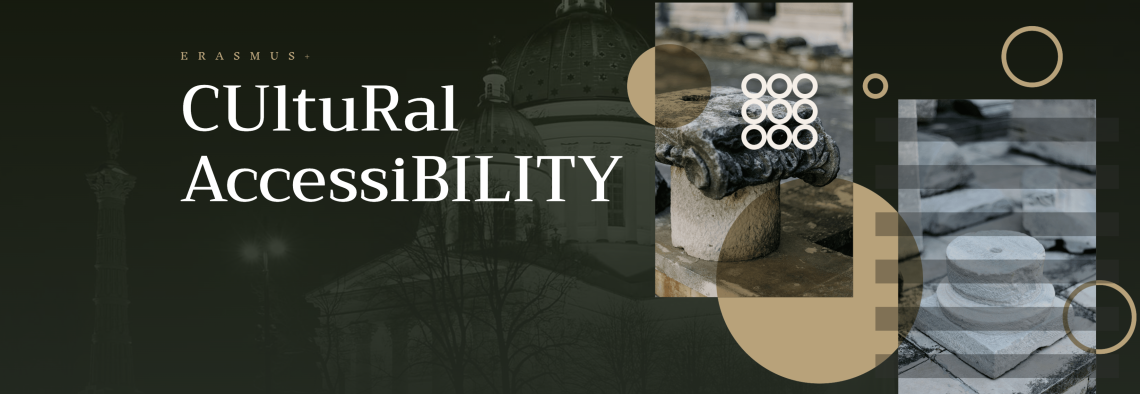
CURABILITY
European cultural heritage plays an important role in building the future of Europe. As it is important to preserve it and pass it on to future generations, CURABILITY project aims to reach out to people with disabilities to improve their access to culture, as well as to current and future employees of museums, galleries, etc.The idea behindAccess to cultural heritage is not only a basic human right, but also a fundamental strategy for enhancing and promoting cultural heritage. Cultural heritage accessibility for all is a multidisciplinary field that is not widely taught in the different European curricula. It is relevant to fields such as museology, special education, pedagogy, cultural heritage interpretation, archaeology, history, art, architecture, inclusive and universal design, and ICT. Most of them are separate disciplines that should work hand in hand when it comes to accessibility from cultural heritage, but they mostly work in isolation and do not have a common teaching...
Enter Erasmus+ is friends with Irene

Team of Art and accessible artistic approaches
Access to art and culture is part of the basic skills and allows a complementary learning to reading and writing. The question of accessibility of an image, both in its feeling and in its understanding, arises in both physical and digital form. To be truly inclusive, image accessibility must include people with DYS problems, disabilities, etc.With this in mind, Team of Art aims to achieve the following :The implementation of a narrative and visual approach in the presentation of artworks for learners with little or no qualifications and special needs. Indeed, the project’s target audiences generally have little or no access to culture and their basic skills (reading and writing) are not or not well acquired. The content of a virtual exhibition using the standard codes of mediation (display of the work, the label) can quickly prove to be inaccessible. The presentation of works through a narrative experimentation works towards greater accessibility and inclusion.Combine access to...
George Pidarakis is friends with Irene
George Antonakos is friends with Irene
Konstantinos Karalariotis is friends with Irene
WE ARE COLORFUL Project
WE ARE COLORFUL is a project that aims to see diversity as an asset and an added value. In particular, this project intends to address the contemporary European reality of schools which are characterized by students with heterogeneous profiles, differing in cultural background, economic status, and social inequalities.
It was noted that in many schools they found a lack of knowledge of the cognitive, social and emotional development process among their professionals, and often lack tools to address differences in learning processes, neurodevelopmental disorders, or sociocultural diversity and complex intercultural relationship processes.
In order to prevent, identify and reduce problems that arise in classrooms due to differences among students, WE ARE COLORFUL project was developed by identifying 4 independent but interacting categories of discriminating dimensions, namely neurodevelopmental disorders, learning processes and styles, cultural diversity, and...WE ARE COLORFUL Project
WE ARE COLORFUL is a project that aims to see diversity as an asset and an added value. In particular, this project intends to address the contemporary European reality of schools which are characterized by students with heterogeneous profiles, differing in cultural background, economic status, and social inequalities.
It was noted that in many schools they found a lack of knowledge of the cognitive, social and emotional development process among their professionals, and often lack tools to address differences in learning processes, neurodevelopmental disorders, or sociocultural diversity and complex intercultural relationship processes.
In order to prevent, identify and reduce problems that arise in classrooms due to differences among students, WE ARE COLORFUL project was developed by identifying 4 independent but interacting categories of discriminating dimensions, namely neurodevelopmental disorders, learning processes and styles, cultural diversity, and social inequality, in order to work on these within schools and teacher staffing.
In this frame, two important goals of WE ARE COLORFUL project are:
• The creation of toolkits full of resources and strategies to help teachers, staff working in schools, and any person involved in educational activities with groups of children between the ages of 7 and 10 years to identify learning difficulties and socio-affective problems and address them appropriately.
• The creation of videos and workshops to promote cultural diversity by aiming to raise awareness of the topic, the variability of intellectual abilities and developmental differences among students, and to promote their potential as a factor of social inclusion.
To learn about the project, check WE ARE COLORFUL website: wearecolourful.eu/
Show more
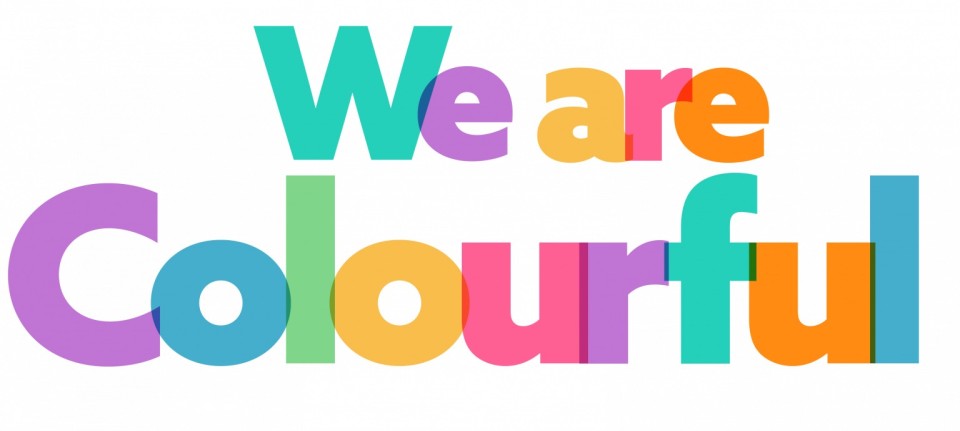
Stories4ALL
Stories4ALL is a project that aims to support the educational community by combining elements of inclusion, creativity and digital technologies, such as image design, editing, digital story creation tools and 3D printing. The idea is to explore alternative learning pathways designing educational materials appropriate for students with visual impairments, focused on developing creativity and digital skills, fostering feelings of solidarity and inclusiveness.
Typically, educational materials are designed for sighted students, which means that they may not be accessible for a part of the population. Students with vision impairment may feel isolated in the learning environment, which can have an impact on learning.
There is no such thing as a "typical" visually impaired student: impairment can result from a variety of conditions, and its impact will depend on the type, extent, and timing of vision loss, and the impact of disability on learning varies significantly depending...Stories4ALL
Stories4ALL is a project that aims to support the educational community by combining elements of inclusion, creativity and digital technologies, such as image design, editing, digital story creation tools and 3D printing. The idea is to explore alternative learning pathways designing educational materials appropriate for students with visual impairments, focused on developing creativity and digital skills, fostering feelings of solidarity and inclusiveness.
Typically, educational materials are designed for sighted students, which means that they may not be accessible for a part of the population. Students with vision impairment may feel isolated in the learning environment, which can have an impact on learning.
There is no such thing as a "typical" visually impaired student: impairment can result from a variety of conditions, and its impact will depend on the type, extent, and timing of vision loss, and the impact of disability on learning varies significantly depending on the nature and extent of vision loss. Therefore it is necessary to support educators in teaching methods, adapt educational materials so that they are fully accessible, and create an environment of solidarity and inclusion within students. In fact, creating tactile materials and using 3D printable designs can increase accessibility for people with visual impairments.
Stories4ALL main goals are:
• The creation and/or conversion of educational materials and stories into a format to be fully accessible.
• Providing support in the development of digital skills such as story design, image design/editing, and 3D printing, to all the educational community namely families, teachers and students.
• The creation of a project to design a new story or the transformation of an existing story into visual-audio-tactile (3D printed) material.
• Training families and teachers of students with visual impairments on how to use the Guide with related digital skills development.
• The creation of a support system for children with visual impairments and their families through activities that aim to strengthen feelings of inclusion and integration through quality leisure time and strengthening their bonds
To learn about the project, check Stories4ALL website: stories4all.eu/
Show more
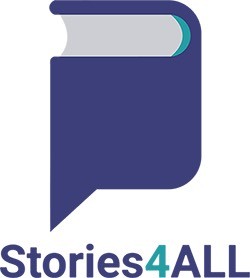
Irene is friends with Istituto dei Sordi di Torino
-
Location
Torino (Torino TO, Italia)
Latest Articles
- Potential Sectors for Harnessing the Power of 3D Printing for Deaf Entrepreneurs and how to navigate them
- Developing Engaging European Pleasure Learning: DEEP learning in a nutshell
- B-Glocal- Learning resources on climate change to empower adult learners from local and global approaches
- 3D4DEAF: Work Inclusion and Innovation with 3D Printing
- Centres of excellence to support the innovation potential of education



